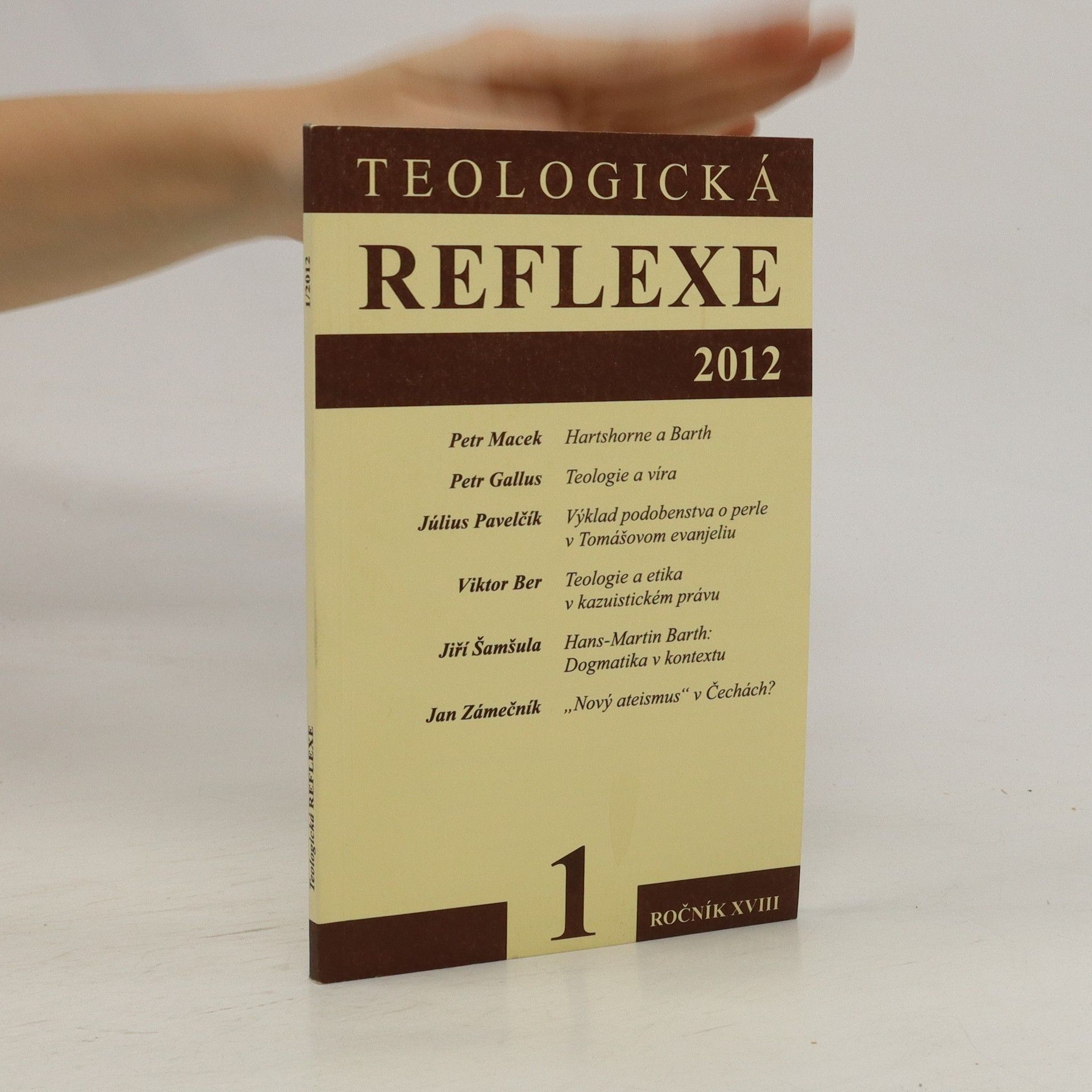O Hospodinu, Bohu živém
- 312 pages
- 11 hours of reading
'Jednotlivé kapitoly staví na podrobné a důkladné práci s textem, avšak nejsou exegetickými statěmi. Jejich hlavním cílem je jít za samotný literární a historický výklad a věnovat se teologické rozvaze nad výpovědí obtížných až velmi obtížných starozákonních textů vypovídajících o charakteru Boha, který v nich jedná či hovoří. Tohoto cíle jednotlivé kapitoly dosahují a přinášejí čtenáři fundovaný, biblickému textu věrný a teologický obsah.' Adam Mackerle, Th.D., Teologická fakulta, Jihočeská univerzita 'Je zřejmé, že se autorovi podařilo předložit konzistentní, teologicky obhajitelnou reprezentaci myšlenkového bohatství Starého zákona. Pokud jde o jednotlivé argumentační kroky, je třeba ocenit jejich obezřetnost, věcnou podloženost, vzájemnou návaznost a především snahu o široké spektrum cizojazyčné odborné debaty, kterou při své argumentaci bere v potaz.' doc. Petr Sláma, ThD., Evangelická teologická fakulta, Univerzita Karlova '...Berova práce je výsledkem neuspěchaného studia, které nejen shromažďuje poznatky, ale také má dost času je promýšlet. To knize velmi prospělo, autor nejen představuje českému prostředí mezinárodní bádání, ale také s ním vede kritický dialog, zvažuje jeho výsledky a modifikuje je na základě vlastního bádání.' prof. Jaroslav Vokoun, ThD., Teologická fakulta, Jihočeská univerzita

